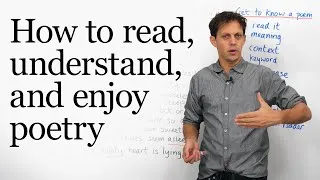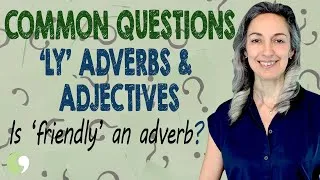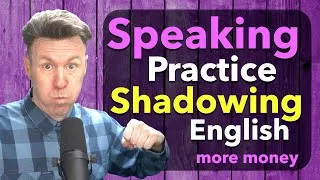Basic English Grammar Course | Past Simple Tense | Learn and Practice
142,355 views ・ 2020-11-12
Fare doppio clic sui sottotitoli in inglese per riprodurre il video. I sottotitoli tradotti sono tradotti automaticamente.
New videos
Original video on YouTube.com
Questo sito vi presenterà i video di YouTube utili per l'apprendimento dell'inglese. Vedrete lezioni di inglese tenute da insegnanti di alto livello provenienti da tutto il mondo. Fate doppio clic sui sottotitoli in inglese visualizzati su ogni pagina video per riprodurre il video da lì. I sottotitoli scorrono in sincronia con la riproduzione del video. Se avete commenti o richieste, contattateci tramite questo modulo di contatto.







